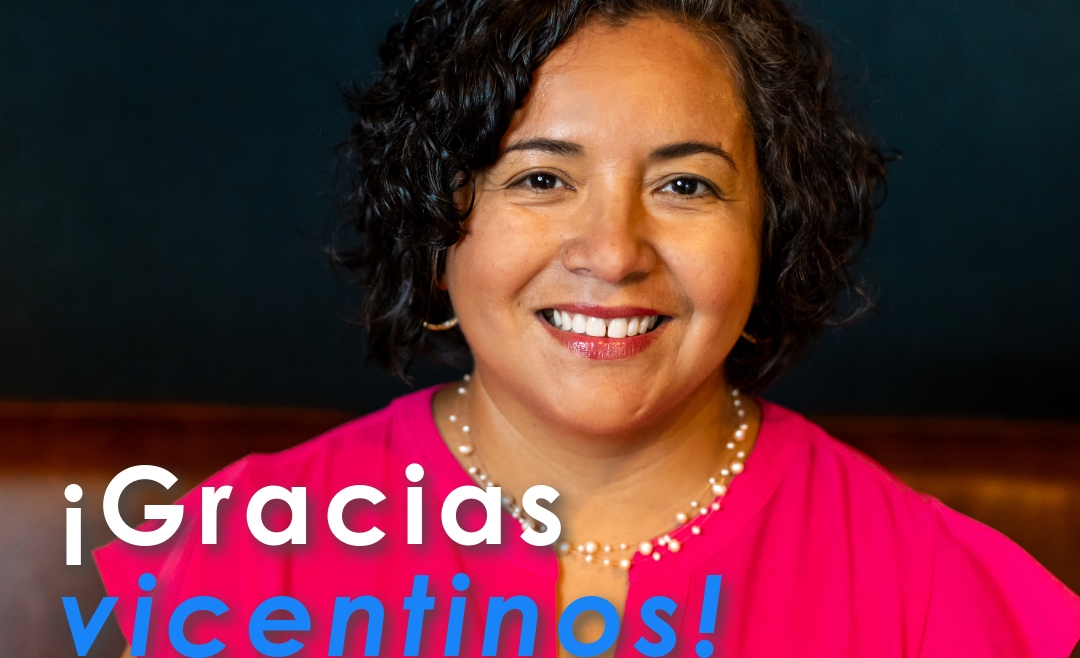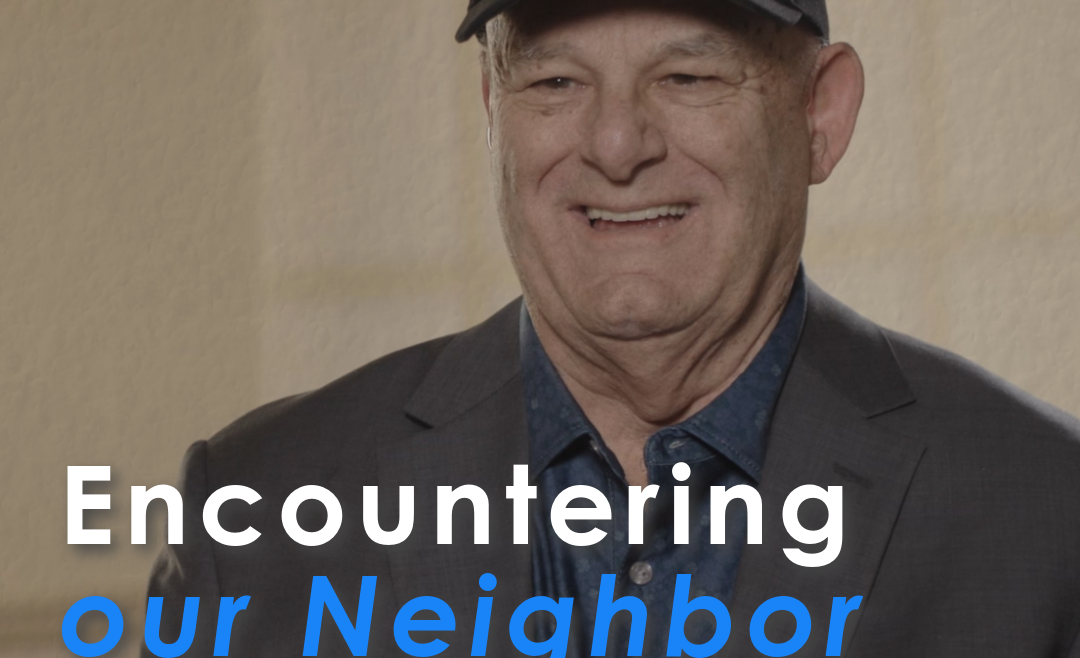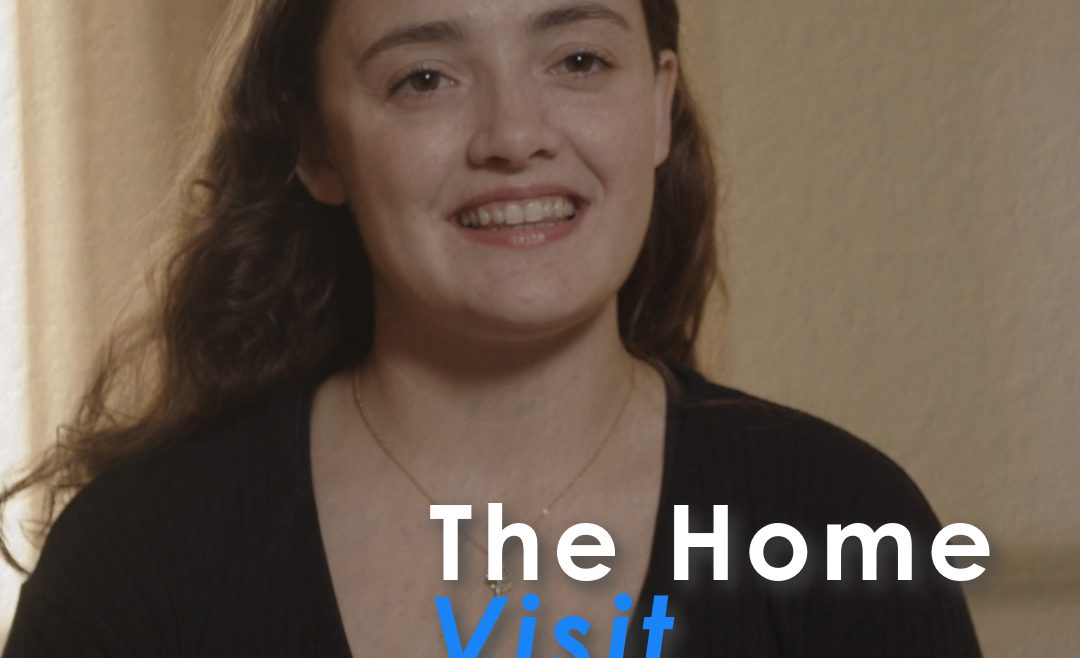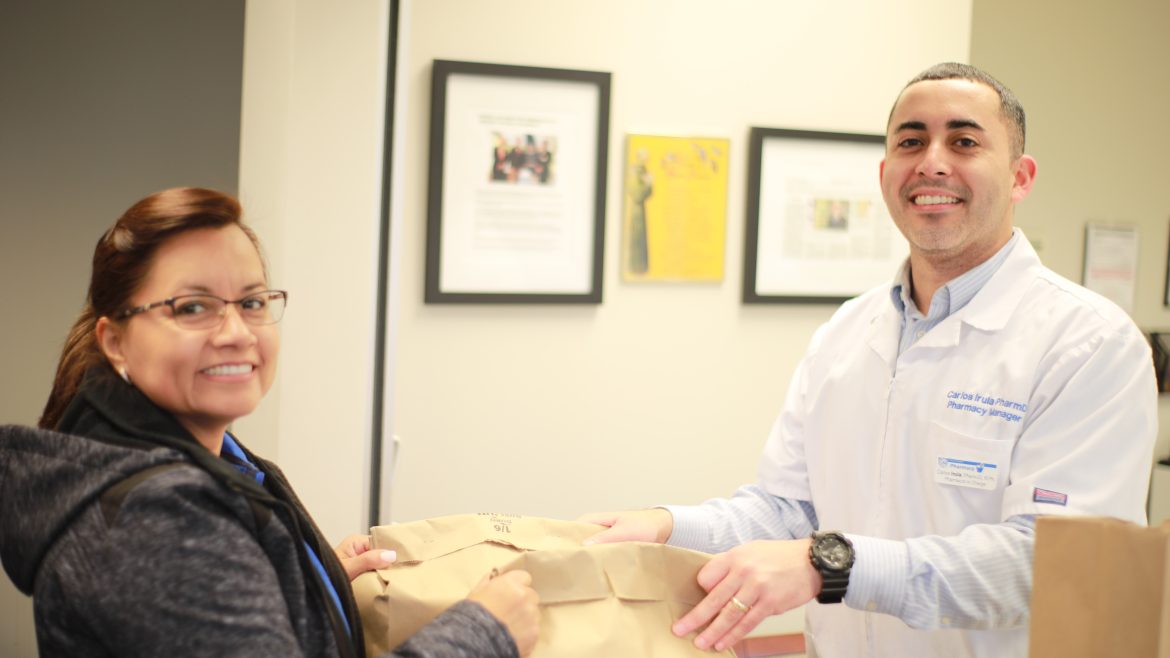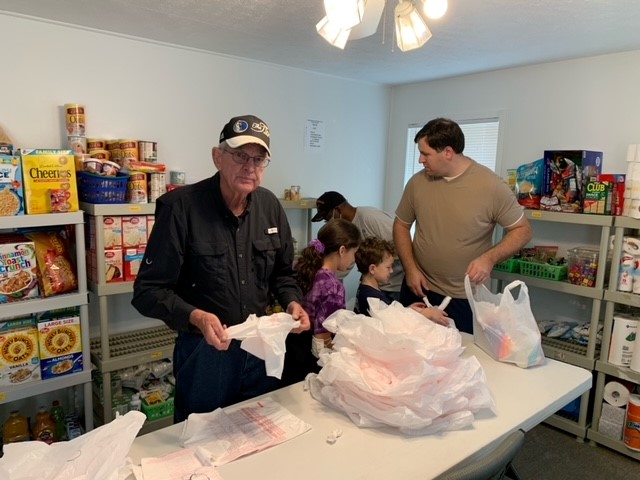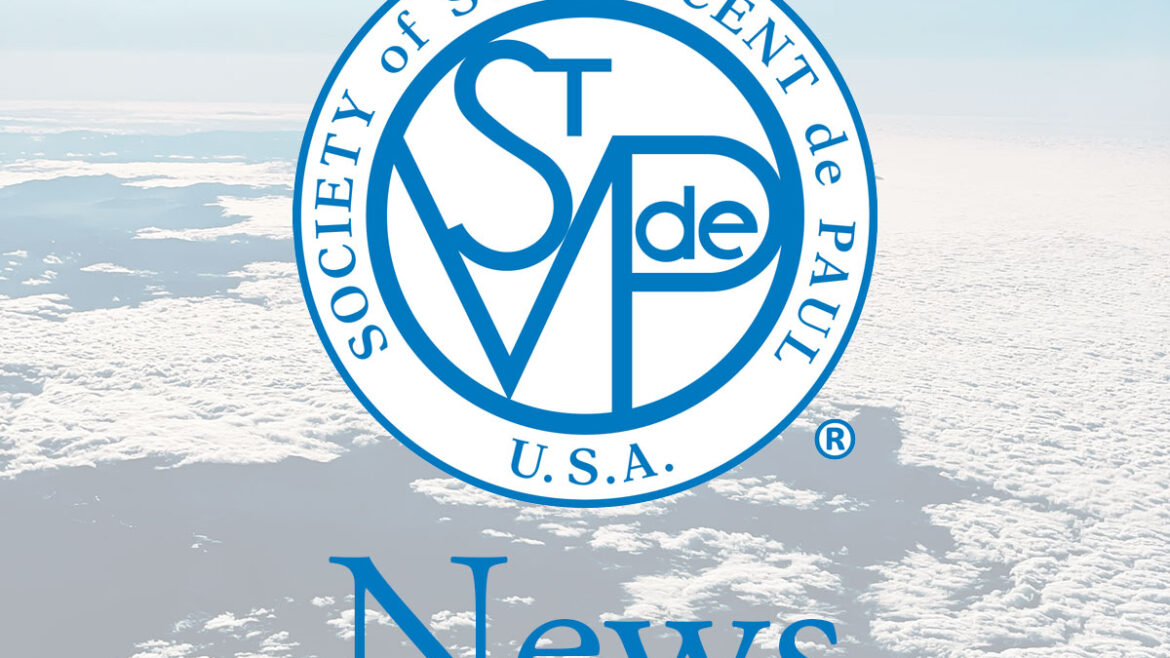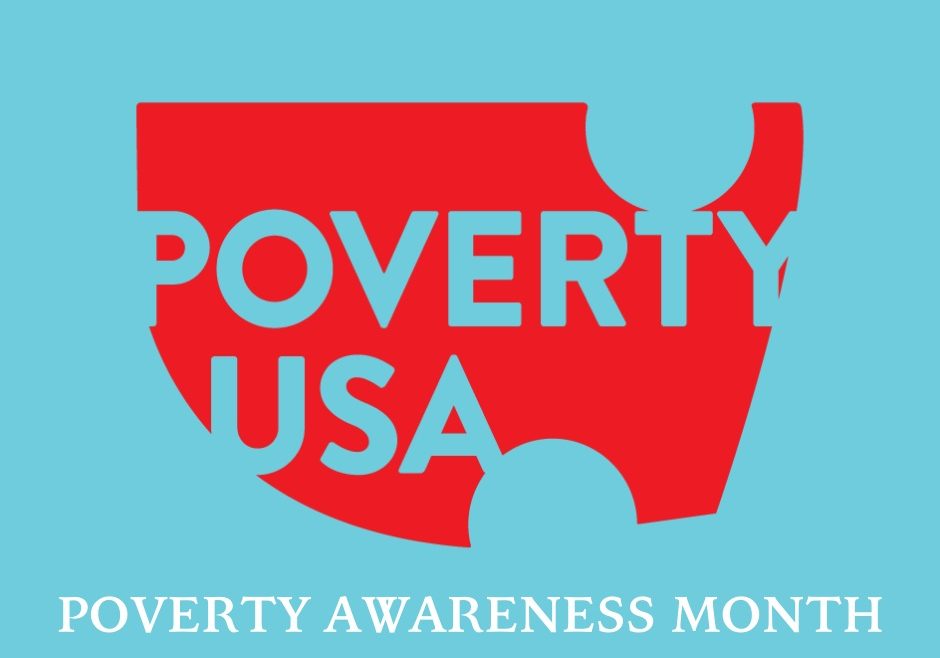Making a difference: heading towards Christmas
Published in the Catholic Herald December 15, 2024 – Story by Michael Acaldo, CEO of the Society of St. Vincent de Paul USA
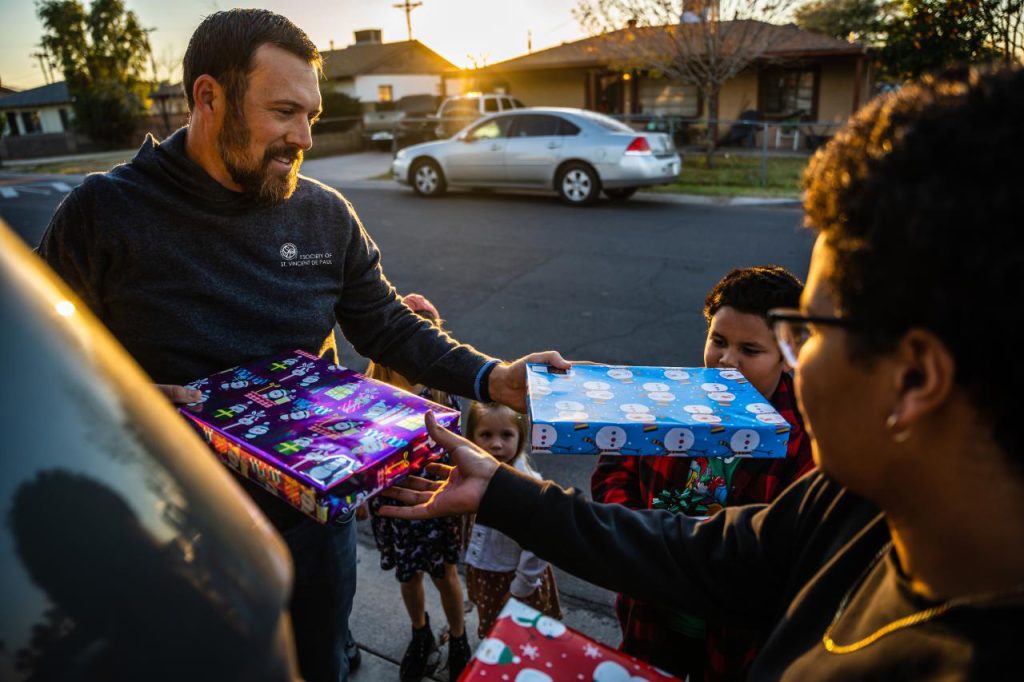 December is a special month for the Society of St Vincent de Paul. Helping those in need is a year-round mission for Vincentians, but there’s a bit more excitement in the air when you’re handing out gifts to grateful, smiling children.
December is a special month for the Society of St Vincent de Paul. Helping those in need is a year-round mission for Vincentians, but there’s a bit more excitement in the air when you’re handing out gifts to grateful, smiling children.
Before becoming the CEO of the Society of St Vincent de Paul (SVdP) USA this year, I spent thirty-four Decembers leading SVdP in Baton Rouge, Louisiana. Each Saturday, we would distribute presents to thousands of children – many wearing worn and tattered clothing that I suspected they had slept in the night before. For some of these kids, this was the only gift they would receive all year, and that reality never failed to leave a lasting impression.
But it wasn’t just the children who received some care. Adults did, as well. Few things are more humbling than standing before a big, worn-down man with his Christmas gift in his hands and tears in his eyes – for that’s when you see the face of Christ staring back at you.
I’ve been reflecting on these memories this Advent. In recent weeks, I’ve gone coast to coast to meet with many of our 90,000 Vincentians in the US. In doing so, I’ve seen firsthand the commitment, sacrifice and love that they show day in and day out.
It has led me to ask some simple, but important, questions. Why do so many people give of their time and treasure to help their neighbors? Why do they enter homes that are often in areas of town most people would avoid? Why do they make the journeys of the poor and outcast part of their own personal journeys?
The answers are found in the stories of Vincentians like Rosie Martina. Rosie is 101 years old and, with the help of his daughter and son, he continues to make food pickups each week. When Rosie’s wife died a few years ago, he asked me to say a few words at the Saturday morning funeral. That very evening, I found him serving a meal to men experiencing homelessness at one of our shelters. I asked him what he was doing there.
“This is where Laura would want me,” he said. “I’m doing her job – and mine.”
In effect, he was meeting Christ in the people he served in that food line, and in turn, Christ was showering him with the grace that abounds to those who follow His command to love our neighbor.
There are Rosie Martinas all across our country – from Phoenix, Arizona, to Dayton, Ohio, to Baltimore, Maryland. They come in all ages and all demographics. They bring different talents and treasures. And they understand that by helping others, they receive more than they can ever give.
This is the heart of the Vincentian difference.
While Vincentians run thrift stores, shelters, and even pharmacies across the country, the true joy and impact of our work comes through our Home Visit encounters, where we meet people where they are – literally – to gain a better understanding of who they are, what they need, and how we can help.
While these Home Visits are rooted in the Gospels, they’re also part of a practical strategy – one aimed at providing people with the often-small amounts of help they need that is the difference between staying housed or not.
Research by the US National Alliance to End Homelessness reveals that it costs an average of $35,578 per year to support a person who is chronically homeless, including costs for emergency shelters, healthcare, and law enforcement. In contrast, preventing homelessness through early intervention costs, on average, $2,000 per household.
Sometimes it’s a simple act that makes a difference. In one Home Visit, a Vincentian I know noticed that a woman’s mobile home needed insulation. The simple act of installing the insulation lowered her electric bill enough to keep her housed.
These are the fruits of accompaniment, and they ripple through the nation every day, affecting countless people – not the least the Vincentians themselves, who are uplifted by the act of uplifting others.
I’m especially blessed this year. I have the honor of being a part of an organization that will celebrate its 180th anniversary in the US in 2025. And earlier this month, I welcomed my first granddaughter into the world. She is already surrounded by the comfort that comes with a close group of family and friends. Yet, when I gaze at her, all bundled up in swaddling clothes, I’m mindful of those who don’t have others to lean on in the way that she will.
It can be discouraging. But then I remember the words of Blessed Frédéric Ozanam, who founded the Society of St Vincent de Paul in Paris in 1833: “The problems in front of us are infinite, and we need to be up to those challenges.”
The men and women of St Vincent de Paul are, indeed, up to the challenge, and our work goes on. Merry Christmas from all of us, when it comes.
Michael Acaldo became CEO of the Society of Saint Vincent de Paul USA on October 1. Prior to that he was the CEO of the SVdP Council of Baton Rouge. He joined the Vincentians in 1990.

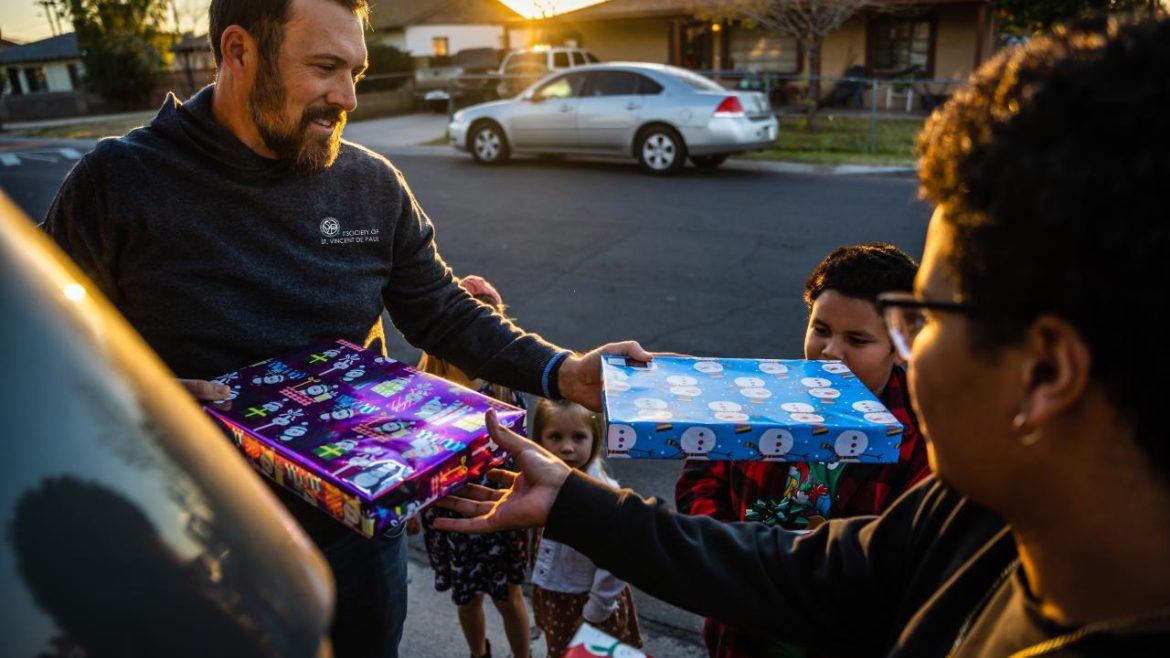
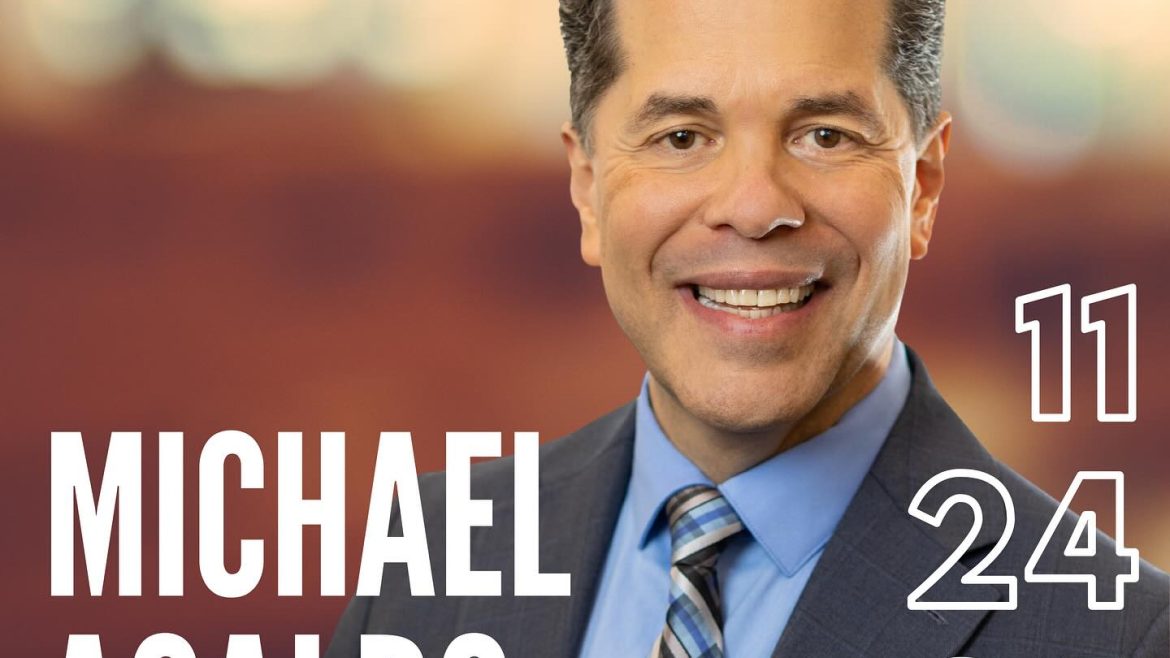
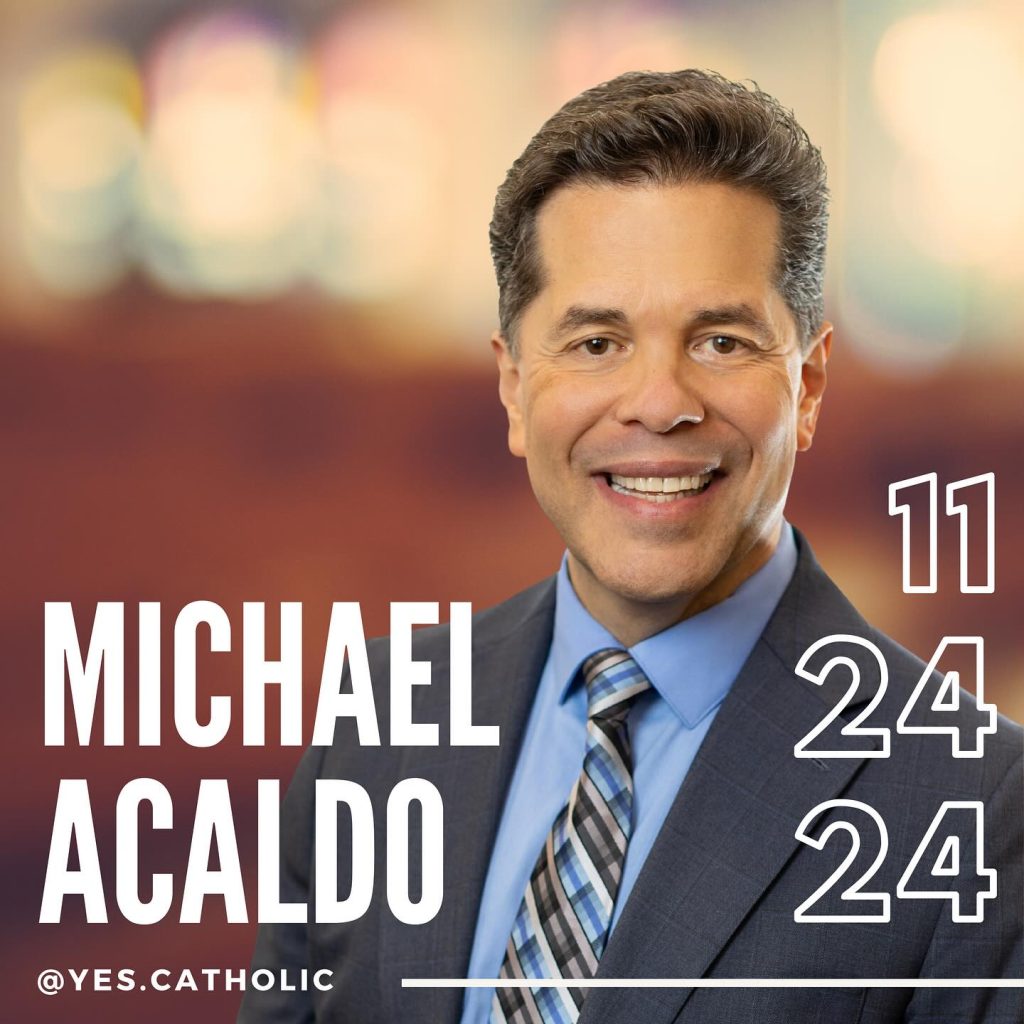 The Society of St. Vincent de Paul USA’s CEO Michael Acaldo was recently featured on the weekly podcast Yes Catholic.
The Society of St. Vincent de Paul USA’s CEO Michael Acaldo was recently featured on the weekly podcast Yes Catholic.